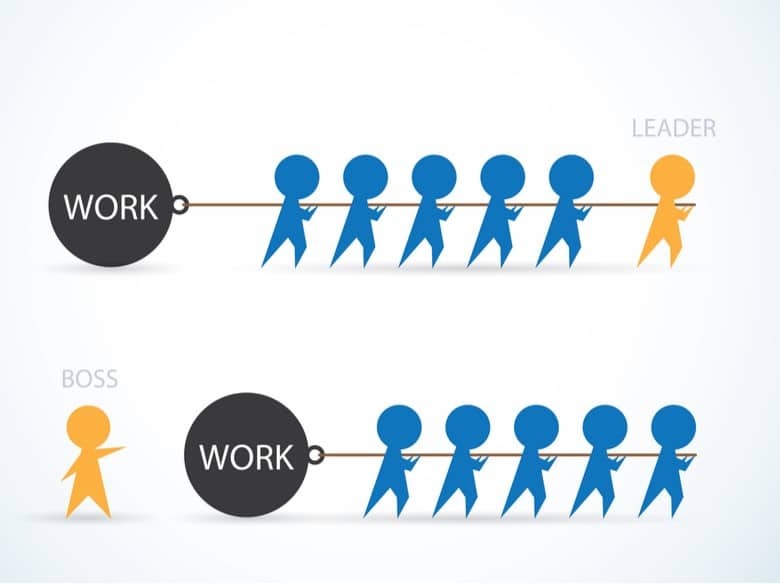LEADERS AND BOSSES – Atlantic International University
August 25, 2022 2023-09-18 21:21
LEADERS AND BOSSES – Atlantic International University
When we say boss, we usually mean our leader or a superior at work. While both boss and leader may refer to a superior or someone we report to at work, there are distinctions between the two.
A boss is defined as a person in authority over employees, such as an employer, manager, or foreman, whereas a leader is defined as a person or thing that leads; directing, commanding, or guiding head, as of a group or activity.
The following are some of the distinctions between a leader and a boss:
- The leader believes that the goal can be achieved with the right motivation of the employees; they believe more in being an example, an inspiration for the employees to follow. The boss, on the other hand, tends to enforce commands without direction most of the time; their focus is on achieving goals through the employees; they do not participate in the task, they do not motivate or inspire, they push, they give commands.
- During discussions with employees, leaders allow them to be a part of the decision-making process as it relates to a task, allowing them to speak while the leaders listen and reason with the employees, the boss speaks and expects everyone to listen and act accordingly without objection or contribution.
- In terms of teamwork, the leader is able to treat every team member equally, resulting in a strong team of employees who believe they are an important part of the team. The boss, on the other hand, may select one or two favorites from the team, making the favorites feel superior to the others and impeding teamwork.
- Leaders lead by example, taking initiative and expecting employees to follow suit, whereas bosses abandon commands and supervise employees’ work.
- Leaders believe in constructive criticism and advice, and when correcting an employee, they consider the employee’s emotions. Leaders can correct employees without making them look bad. The bosses do not care about the employees’ feelings; instead, they scold, bully, and threaten them in order to correct them.
- Bosses have a tendency to intimidate employees, leading to low self-esteem and feelings of inferiority. Leaders understand that when employees are self-assured and confident, they can give their all on the job.
- Leaders have no problem giving credit to employers who have earned it, and they can also share the glory of a job well done with their employees. The boss accepts the compliment for a job well done.
- Leaders instill trust in their employees through delegation, making them feel more confident. Bosses lack trust in their employees; instead, they choose who they can trust from among the team.
- Leaders are approachable and available, whereas bosses instill fear in their employees and are unapproachable.
10. While leaders invest time in their employees to help them become better employees, bosses are more focused on the end goal and use their employees as tools to get the job done.
Would you rather be a leader or a boss?
“The boss drives people; the leader coaches them. The boss depends on authority; the leader on good will. The boss inspires fear; the leader inspires enthusiasm. The boss says I; The leader says WE. The boss fixes the blame for the breakdown; the leader fixes the breakdown. The boss says, GO; the leader says Lets GO!” – Harry Gordon Selfridge
Sources
https://www.villanovau.com/resources/leadership/boss-vs-leader/
https://www.lifehack.org/287785/10-differences-between-boss-and-real-leader
Related Posts
LEADERS AND BOSSES – Atlantic International University
August 25, 2022 2023-09-18 21:21Popular Tags






























